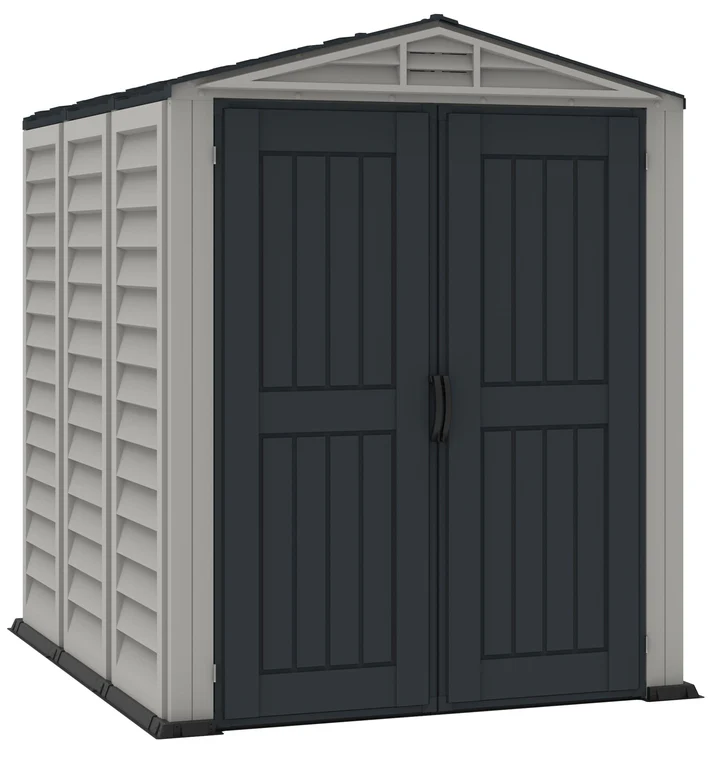Are you tired of using materials that don’t withstand high temperatures and extreme conditions? Look no further than boron nitride tube. This versatile material has been gaining popularity in industries such as aerospace, electronics, and manufacturing for its impressive thermal conductivity, electrical insulation properties, and durability. In this comprehensive guide, we’ll dive into what makes boron nitride so special and how to use it effectively in your applications. Get ready to discover the lowdown on boron nitride tube!
What is boron nitride?
Boron nitride is a unique material that has been gaining attention in various industries due to its impressive properties. It is a compound made up of boron and nitrogen atoms, arranged similarly to carbon atoms in diamond. However, unlike diamond, boron nitride is an excellent electrical insulator.
One of the most notable features of boron nitride is its high thermal conductivity. This means that it can transfer heat quickly without being damaged itself. Additionally, this material possesses low coefficient friction characteristics which make it useful for lubrication applications.
Another advantage of using boron nitride is its chemical stability at high temperatures and resistance to harsh chemicals such as acids and alkalis. Moreover, it also has good mechanical strength making it resistant to wear and tear.
Boron nitride’s distinct combination of properties makes it a versatile material for use in many industrial applications where extreme conditions are the norm.
What are the benefits of boron nitride tube?
Boron nitride tube is a unique and versatile material that offers numerous benefits in various applications. One of the main advantages of boron nitride tube is its exceptional thermal conductivity, making it an excellent choice for heat management in high-temperature environments. Compared to other materials like aluminum oxide or ceramics, boron nitride tube has superior thermal shock resistance which means it can withstand rapid heating and cooling without cracking.
Another benefit of using boron nitride tube is its electrical insulation properties. This makes it ideal for use in electronic components where electrical isolation is necessary to prevent short circuits or electrical shocks. Boron Nitride Tube also exhibits low dielectric constant and loss tangent at high frequencies.
In addition to that, Boron Nitride Tube resists many chemicals such as acids and alkalis due to its inertness property while having good mechanical strength allowing it to be used under harsh conditions.
Boron nitride tubes are biocompatible with human tissues which make them suitable for medical applications such as implants, prosthetics & dental tools.
The unique combination of properties offered by boron nitride tubes makes them a highly desirable material across different industries ranging from electronics to aerospace engineering.
How to use boron nitride tube?
Boron nitride tube is a versatile material that can be used in various applications. From its excellent thermal properties to its high electrical resistance and chemical stability, it’s clear that boron nitride tubes are an ideal choice for many industries.
If you’re looking to use boron nitride tubes, there are several ways to do so. For instance, they can be used as protective coatings on metal surfaces or as insulators in electronic devices. Additionally, they can be used as crucibles for melting metals at high temperatures or even as molds for casting certain materials.
The potential uses of boron nitride tube are vast and varied. Whether you’re looking to improve the efficiency of your industrial processes or create innovative new products with unique properties, this material is definitely worth considering. So why not explore what it has to offer today?
